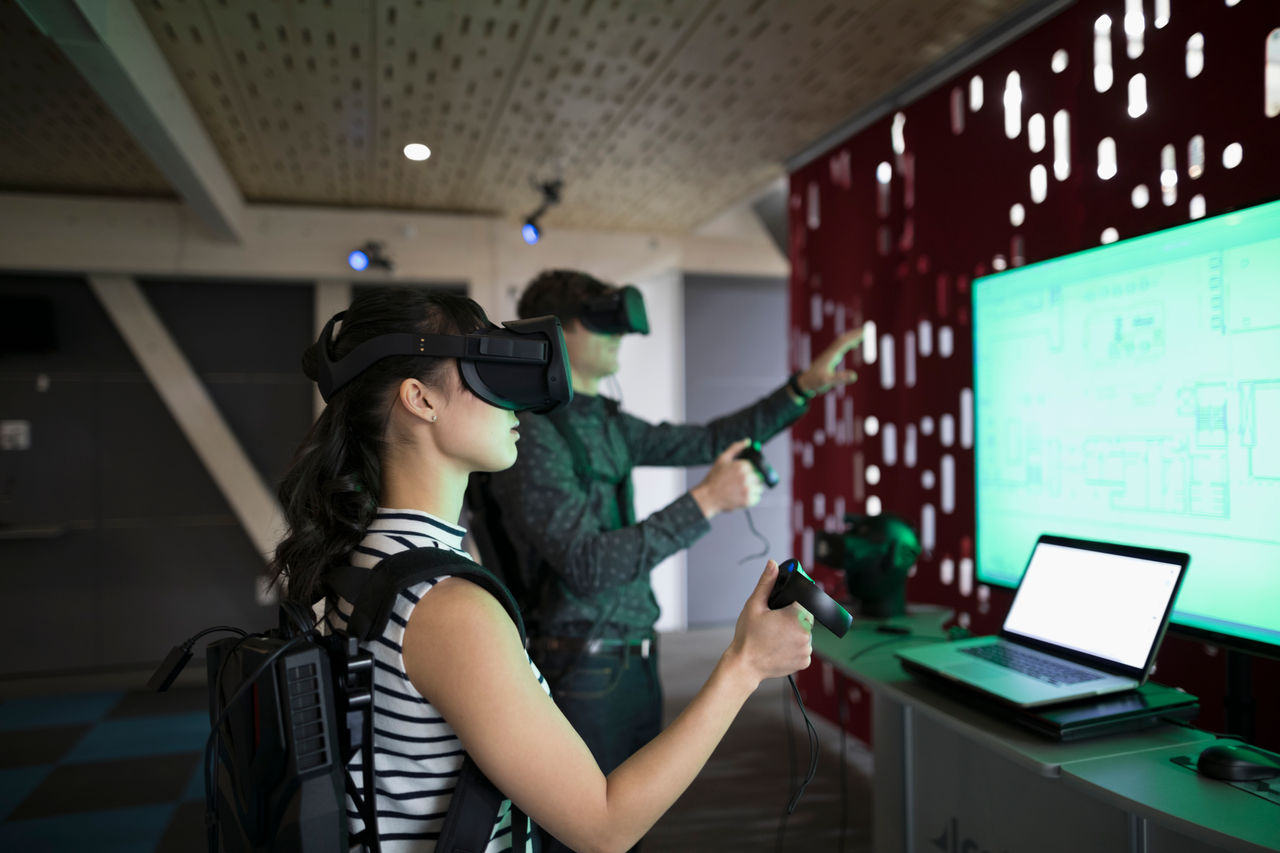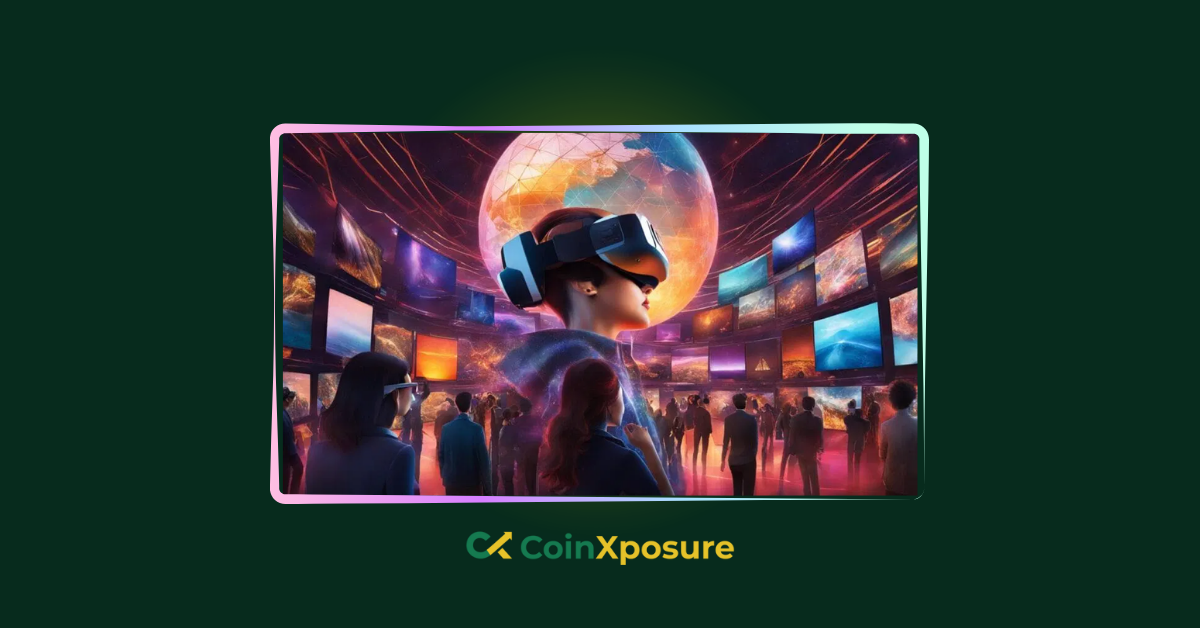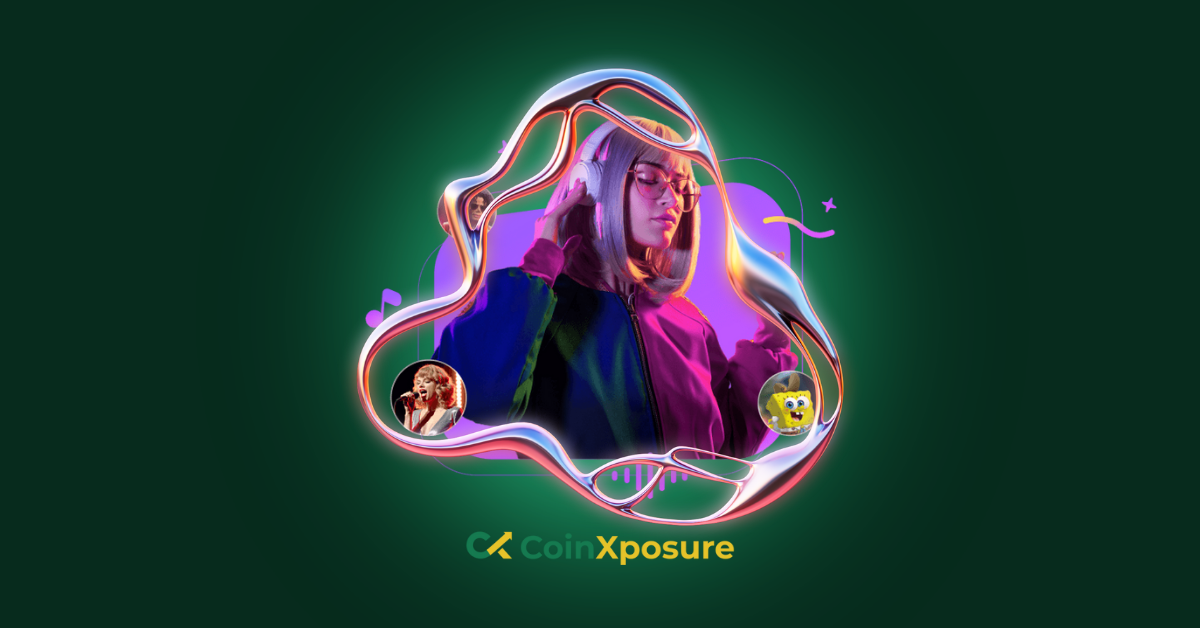In this article, we will explore the advantages of the Metaverse for education, examples of its implementation, the challenges it faces, and its future potential.
Education has always been a vital component of our society, shaping individuals and preparing them for their future. Over the years, technological advancements have revolutionized education, making it more accessible and efficient.
However, the introduction of the Metaverse is poised to take education to the next level. The Metaverse is a virtual world where individuals can interact with digital representations of themselves and other objects. It offers a new paradigm for learning that is immersive, interactive, and personalized.
Ultimately, this paper aims to showcase how the Metaverse is revolutionizing education and how it is changing learning forever.
Overview of the Impact of the Metaverse on Education
The Metaverse has the potential to impact education in a multitude of ways. It can provide students with more interactive and engaging learning experiences, enabling them to explore and learn in a way that traditional classroom learning cannot match.
Additionally, the Metaverse can offer personalized learning experiences, accommodating individual learning styles and interests. Moreover, the Metaverse can remove geographical barriers and make education accessible to people all over the world.
The Metaverse can also provide a platform for collaborative learning, allowing students to work together to solve problems and share ideas. Overall, the Metaverse can transform education by revolutionizing the way we learn, making it more immersive, interactive, personalized, and accessible.
Advantages of the Metaverse for Education
There are several advantages of the Metaverse for education, which include:
- Increased engagement
- Personalization
- Global accessibility
- Interactive and immersive experiences
Increased engagement
The Metaverse provides an immersive and interactive learning environment that can keep students engaged and motivated. It can make learning more enjoyable and fun, encouraging students to explore and learn in a way that traditional classroom learning cannot match.
Personalization
The Metaverse can offer personalized learning experiences that cater to individual learning styles and interests. This can help students learn more effectively and efficiently, as they can focus on the topics and areas that interest them the most.
Global accessibility
The Metaverse can remove geographical barriers and make education accessible to people all over the world. This can provide opportunities for students who may not have access to quality education in their local communities.
Interactive and immersive experiences
The Metaverse can provide students with interactive and immersive learning experiences that can help them better understand complex concepts. It can also provide opportunities for hands-on learning, allowing students to experiment and explore in a safe and controlled environment.
The Metaverse has the potential to transform education by providing a more engaging, personalized, and accessible learning experience.
Examples of the Metaverse in Education
There are several examples of the Metaverse in education, which include:
- Virtual Field Trips
- Remote Learning
- Gamification of Education
- Creation and sharing of educational content
Virtual Field Trips
The Metaverse can provide students with virtual field trip experiences that allow them to explore different parts of the world without leaving their classrooms. For example, students can visit historical landmarks, museums, and natural wonders.
Remote Learning
The Metaverse can provide remote learning opportunities for students who may not be able to attend traditional classroom settings. It can allow students to attend classes, participate in discussions, and collaborate with other students in a virtual environment.
Gamification of Education
The Metaverse can provide gamified learning experiences that make learning more fun and engaging. For example, students can participate in interactive quizzes, puzzles, and games that reinforce concepts and knowledge.
Creation and sharing of educational content
The Metaverse can provide a platform for students and teachers to create and share educational content, such as videos, simulations, and interactive tutorials. This can allow students to learn at their own pace and in their preferred learning style.
The Metaverse has the potential to transform education by providing innovative and immersive learning experiences that can engage students and enhance their learning outcomes.
Challenges and Limitations of the Metaverse in Education
While the Metaverse has several advantages for education, there are also several challenges and limitations that need to be considered, which include:
- Technical requirements
- Privacy and security concerns
- Equity and access issues
- Dependence on technology
Technical requirements
The Metaverse requires advanced technology and hardware, such as high-end computers and VR headsets, which can be expensive and inaccessible to some students and schools.
Privacy and security concerns
The Metaverse collects and stores a significant amount of personal data, which can raise privacy and security concerns. Additionally, the Metaverse can expose students to cyberbullying and online harassment.
Equity and access issues
The Metaverse may not be accessible to all students, especially those from low-income communities and developing countries. This can create disparities in education and limit opportunities for some students.
Dependence on technology
The Metaverse relies heavily on technology, which can be prone to glitches and malfunctions. This can disrupt learning experiences and negatively impact student outcomes.
While the Metaverse has the potential to revolutionize education, it is important to consider the challenges and limitations that it poses to ensure that it is accessible, equitable, and secure for all students.
Future of Education in the Metaverse
The future of education in the Metaverse is promising and exciting. As technology continues to evolve, the Metaverse will become more accessible, immersive, and interactive. Here are some potential developments that we may see in the future:
- Enhanced virtual reality experiences
- Increased collaboration and social interaction
- Personalized learning
- Adaptive learning
Enhanced virtual reality experiences
The Metaverse will continue to improve the quality and realism of virtual reality experiences, making them more engaging and immersive.
Increased collaboration and social interaction
The Metaverse will provide more opportunities for collaborative learning and social interaction, allowing students to work together and learn from each other in a virtual environment.
Personalized learning
The Metaverse will continue to provide personalized learning experiences that cater to individual learning styles and interests, helping students learn more effectively and efficiently.
Adaptive learning
The Metaverse will incorporate adaptive learning technologies that can analyze student performance and adjust the learning content and activities to meet their specific needs.
Augmented reality
The Metaverse will incorporate augmented reality technologies that can overlay digital information and content onto the physical world, creating new opportunities for learning and exploration.
The Metaverse has the potential to revolutionize education and transform the way we learn. As we continue to explore and develop this technology, we can expect to see even more exciting and innovative developments that will enhance the educational experiences of students around the world.
Conclusion
The Metaverse has the potential to revolutionize education by providing immersive, interactive, and personalized learning experiences that can engage students and enhance their learning outcomes.
While there are challenges and limitations that need to be considered, such as accessibility and privacy concerns, the future of education in the Metaverse is promising and exciting.
As we continue to explore and develop this technology, we can expect to see even more innovative and effective ways of using the Metaverse to enhance education and improve learning outcomes for students of all ages and backgrounds.












